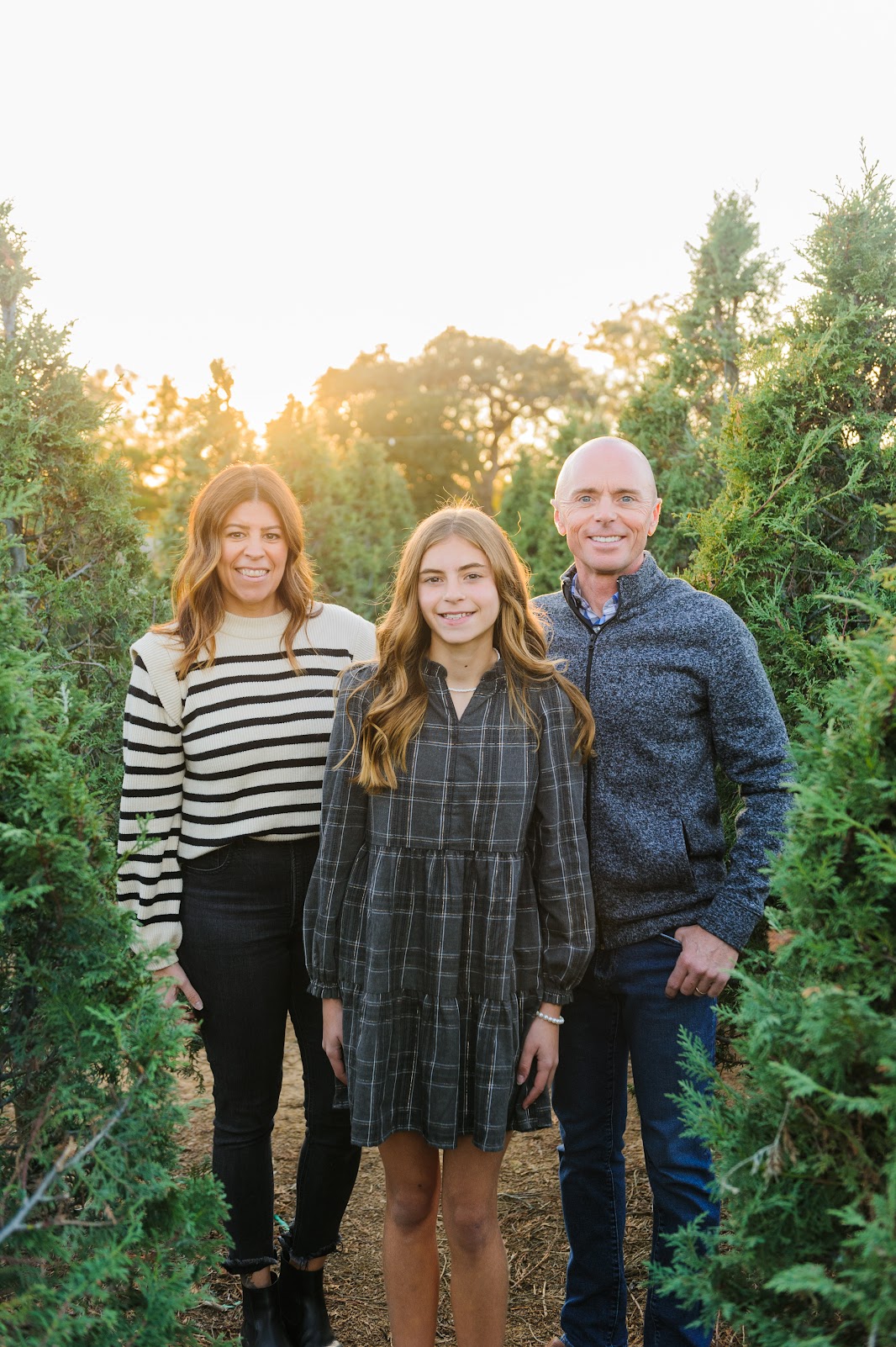Every generation has grown up being told that they, the youth, are the future. In American society, this means that the youth (theoretically) have the power to sway elections once they are of voting age. Unfortunately, the youth vote has not always met its potential in elections due to low turnout rates among young people. The most recent elections, however, have fostered some hope for higher youth voter participation long term. The November 2022 election had the second highest national voter turnout among voters under 30 in at least the past three decades, with about 27% of voters between the ages of 18-29 casting a ballot. The City of Gilroy’s recent housing plan revealed that 38% of Gilroy’s population is 24 years and younger, making this a powerful demographic in our elections and in shaping the future of our community. Yet, it’s difficult to focus on increasing the youth turnout in Gilroy when our overall turnout rates have been alarming.
It was revealed after the June 2022 election that Gilroy had some of the lower voter turnout in Santa Clara County in a primary election. Turnout in Gilroy ranged from 15.6% to 37% of registered voters while most precincts saw rates below 30%. This low turnout is representative of a need for greater emphasis on voter registration and civic engagement in our local community. It is known that voter turnout is always higher in general elections compared to primary elections, but this disparity only strengthens the case for increased efforts to educate the community- youth and adults alike- on the necessity of voting in every election. The primaries are just as important as the general elections; important measures are decided on by voters in the primaries and “nearly 90% of congressional elections are decided in the nominating contests.” If overall turnout in Gilroy is so low, how can we expect our youth to understand and act on the weight of their vote? We as a community must be united under a collective effort to have our voices represented in every election.
Amidst national debates around increasing or decreasing the voting age requirements, it is critical that the youth understand their rights and responsibilities as members of our local, state, and national communities. In California, youth are able to pre-register to vote as early as 16 years old, automatically registering them to vote when they turn 18. Despite this, California youth voter turnout (ages 18-29) of those eligible to vote in the 2022 midterm elections was disappointingly low at only 22.1%. As we approach another election cycle, more in-school and at-home efforts must be made to support the youth in the registration and voting processes.
This year, I helped bring back on-site voter registration at Christopher High School and Gavilan College, an effort that had not occurred since the 2020 election season. Students were able to register to vote and receive information on how to vote during lunch time on October 3 to celebrate National High School Voter Education week, the last two weeks of September and April. Gilroy High School is also planning similar programming for later this year. This effort can and should be easily applied at all high schools. Teachers can allocate time in class to students checking their voter registration status and registering to vote. School districts should provide students with the information about how to be poll workers in their county and receive both monetary compensation and valuable civic experience. Students should receive guidance on how to receive a state seal of civic education at graduation; only slightly over 1% (5,369) of high school seniors received the seal in 2021, the first year that the seal was awarded.
These efforts have the potential to create a strong collective dedication to civic engagement among newer generations. The key is to not only get youth pre-registered and registered to vote, but to raise youth with the understanding that being civically engaged is a core responsibility as a member of society. If newer generations are able to better embody this dedication to civic engagement than our older generations are, who knows what the state of our democracy will look like in 20 years.


